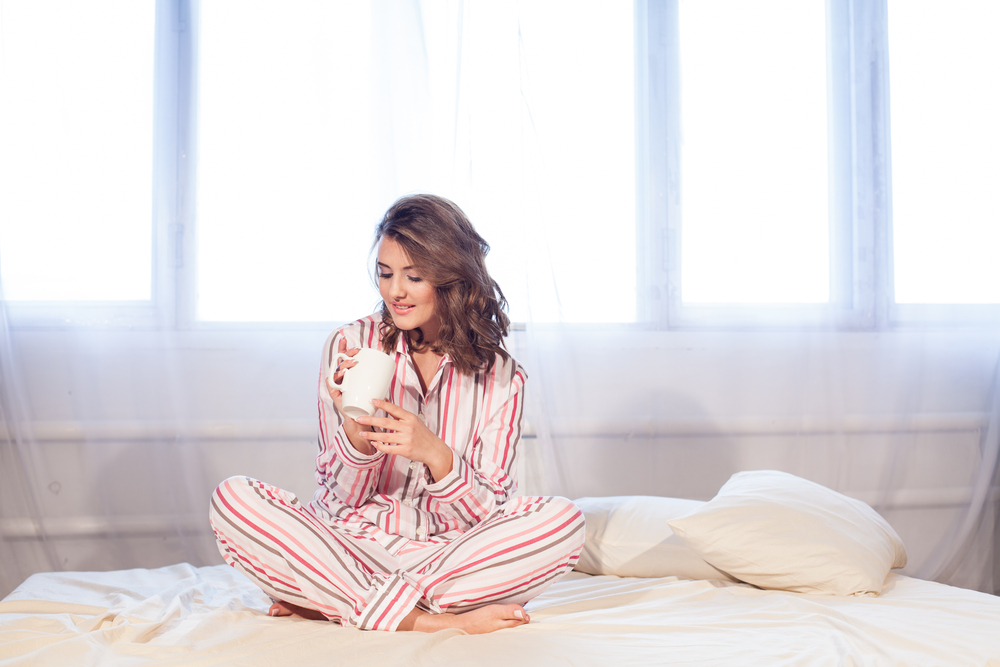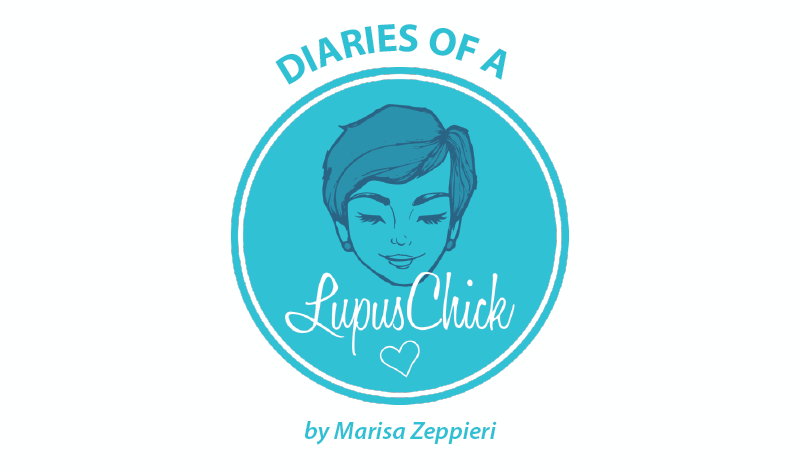Sleep and Lupus: 6 Tools to Achieve Better Rest

 Over the years, sleep has become one of the most-discussed topics in the lupus community, and with good reason. How long we sleep, and the quality of our sleep, may often have the greatest influence on how our day will progress.
Over the years, sleep has become one of the most-discussed topics in the lupus community, and with good reason. How long we sleep, and the quality of our sleep, may often have the greatest influence on how our day will progress.
Personally, I didn’t pay much attention to how much or how well I slept until I was in my 30s – about seven years after my diagnosis. It seemed I still had enough energy in my 20s to push through a bad day without any residual effect. Now, a few weeks away from 40, I can honestly say sleep is on my mind quite often. Through journaling, I can clearly see the effect that even one terrible night of sleep has on my physical body and my cognitive function.
Sleep and its effects on the body
You might be wondering how poor-quality sleep can be affecting you. According to the National Institutes of Health, sleep deficiency will affect how well you think, react, learn, work, and get along with people around you. Continual lack of sleep can also increase your risk for additional health conditions such as obesity, high blood pressure, heart issues, and stroke.
In addition, a recent medical journal paper from BMJ and LFA investigated sleep disorders in 100 patients with systemic lupus erythematosus (SLE). The results from the study found the prevalence of sleep disorders in SLE patients was 42 percent. Poor sleep quality was also very common in people with SLE — with the person’s age, sex, disease activity level, anxiety level, depressed mood, and quality of life being the greatest contributing factors.
Tips and technology for sleep
Between my own personal research and testing new products, plus speaking to countless numbers of people with lupus over the years, I have created a list of helpful tools in the battle to get a good night’s sleep. Here are a few favorites:
Your journal: You may have seen me discuss journaling before, but I have to mention it here because it is crucial. I’ve journaled for years and it has shown me trends and data regarding my sleep. Through these daily insights over the years, I know one night of poor sleep can throw me off my game when it comes to reacting quickly and getting activities completed. Two or three nights without sleep usually results in fever, irregular heartbeat, and the inability to do most tasks.
Simply put, find a small journal or day calendar and start keeping track of how much sleep you are getting, your quality of sleep and your daily symptoms. You will notice trends after awhile!
SleepyTime Extra Tea: I was surprised by how many fellow spoonies swear by SleepyTime Extra Tea, made with valerian, chamomile, tilia flowers, and spearmint. You can pick it up at your local grocer and it makes a great addition to your warm bath routine before bed.
ASMR sleep videos: If you aren’t familiar with ASMR, the concept may seem a bit strange at first, but once you try it you might fall in love. ASMR is the tingling feeling people get from different sounds, such as a whisper or the brushing of hair. There are literally thousands of ASMR videos available on YouTube that have helped many people achieve restful sleep. You can read more about it here and check out one of the most popular ASMR videos online here, plus one by Margot Robbie.
Sleep phone apps: There are a variety of downloadable phone apps that can help detect snoring, play white noise, and also chart your quality of sleep. Sleep Cycle is a top choice that helps you make sense of your sleeping patterns and also wake you up when you are feeling the least groggy. Check it out on Android and iPhone.
CBD oil: Since this is still a controversial subject to some, I will just mention my personal experience with CBD oil. Cannabidiol – or CBD – helps regulate our body and maintain homeostasis. It has been extensively studied and has shown to help with pain, to reduce anxiety levels, improve insomnia, and can even help with nausea (in addition to many other positive effects). I specifically started using CBD oil (CWHemp brand or SuperiorCBD brand) for pain and noticed it was helping me sleep better. You can learn more about CBD here.
Many CBD oils contain little to no THC, meaning it doesn’t make someone high. This is why it is legally sold in the U.S. Depending on what medications you are taking, I would suggest discussing whether CBD oil is right for you with your physician.
Headspace: One of my favorite apps, Headspace takes you through guided meditations that are very calming. Just one meditation and I am much more relaxed, without dozens of thoughts going through my mind.
What’s your favorite sleep remedy? Tell me in the comments below!
***
Note: Lupus News Today is strictly a news and information website about the disease. It does not provide medical advice, diagnosis, or treatment. This content is not intended to be a substitute for professional medical advice, diagnosis, or treatment. Always seek the advice of your physician or other qualified health provider with any questions you may have regarding a medical condition. Never disregard professional medical advice or delay in seeking it because of something you have read on this website. The opinions expressed in this column are not those of Lupus News Today or its parent company, Bionews Services, and are intended to spark discussion about issues pertaining to lupus.






Sue Macias
I use a meditation app on my phone, Calm. I love it. I sporadically journal but I hadn't thought of keeping trends. Thanks for the suggestion.
Marisa Zeppieri
I love Calm too! So glad to hear you are having a positive experience with it. Journaling is def in my top three though and I highlight recommend it XOXO Marisa
Alyssa Freeman
I turn off all my electronics, take about 0.3 mg on melatonin, heat up a mug of milk in the microwave for two minutes, then read and drink the milk in my living room for about 30 - 60 minutes. After that, I go to bed and am able to fall asleep in a few minutes. I have to let my mind wander, too, while lying in bed. If I try thinking of nothing or focusing on one thing, it doesn't work.
Marisa Zeppieri
Yes, I totally agree with your comment Alyssa about shutting off electronics and reading. Somehow, even before I was diagnosed, reading at night just relaxed me and put me right to sleep! ;) XO Marisa
Barbara Johnson
Do you take Plaquinil for lupus? & does the melatonin affect this medicine?